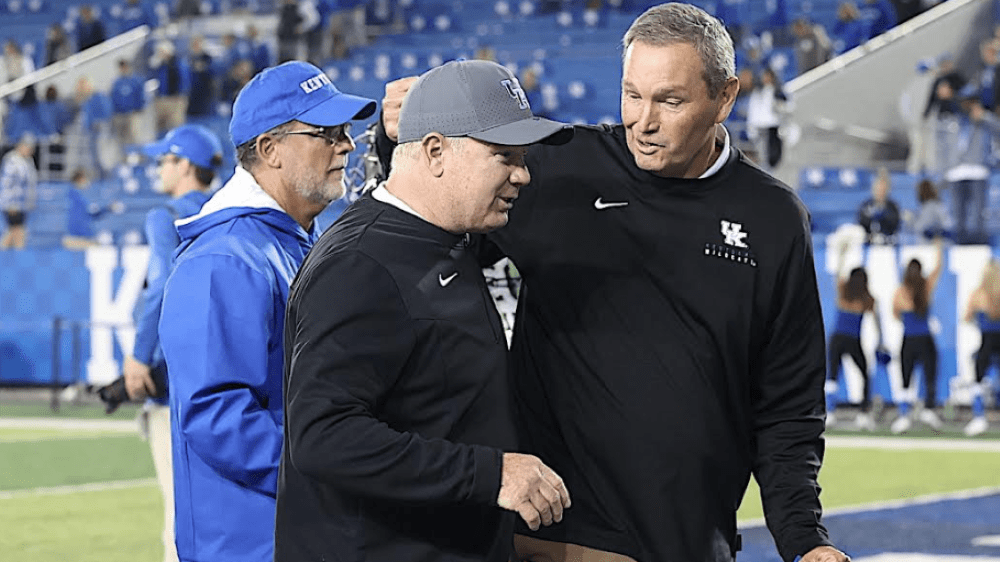
Vicky Graff Photo
In an exclusive interview with Darrell Bird of The Cats’ Pause at the Southeastern Conference spring meets, Kentucky athletics director Mitch Barnhart said those worried about how Kentucky was doing in NIL were wrong.
“I get emails, ‘Change your stance on NIL,’” Barnhart told Bird. “We have been incredibly supportive of NIL. We’ve endorsed collectives, We’ve said, ‘This is how you work it and this is how you do it.’”
He said out of UK’s 600 plus student-athletes, some have “taken the opportunity” to be involved with NIL and for some it’s “not of interest at all.”
Not saying he is not right, but it is kind of hard to believe that UK has student-athletes not interested at all in earning NIL money. Maybe times have changed since I was in college 50 years ago, but it seems like earning dollars would be something most students, especially athletes, would be interested in doing.
“I’d say roughly 150 to maybe 200 of our young people have an interest in it and have participated in it, some of them at an incredibly high level,” Barnhart told Bird.
He said the men’s basketball team, even taking Oscar Tshiebwe out of the list, “ had more success than anybody in the country in terms of the NIL space.”
He said NIL was the reason Calipari had the nation’s No. 1 recruiting class joining the program this season.
Again, if Kentucky men’s basketball is owning NIL, why are players not sticking around? Why is Antonio Reeves exploring other options before deciding on his return to UK if Kentucky players are making more NIL money than anyone? Why did Michigan transfer Hunter Dickinson pick Kansas over UK?
Kentucky will not guarantee NIL money — John Calipari has made that clear — but uses the Barnhart theory that if you come to UK, you will make more than players at other schools.
“Cal has been very thoughtful about the way he’s done it and purposeful in the way he has done it,” Barnhart told Bird. “At the truest sense of what Name, Image and Likeness was supposed to be, our young people have been very, very successful with that in men’s basketball.”
Maybe but UK has added just one transfer — Antonio Reeves — in the NIL era and lost four players to the transfer portal this season alone.
Again, this is all a matter of perspective since there’s no way to verify what any athlete at any school is making through NIL but if UK men’s basketball is really having more success with NIL money than any other team, then the return on those dollars has not been all that great yet.
* * *
See Bird’s full story with Barnhart here.

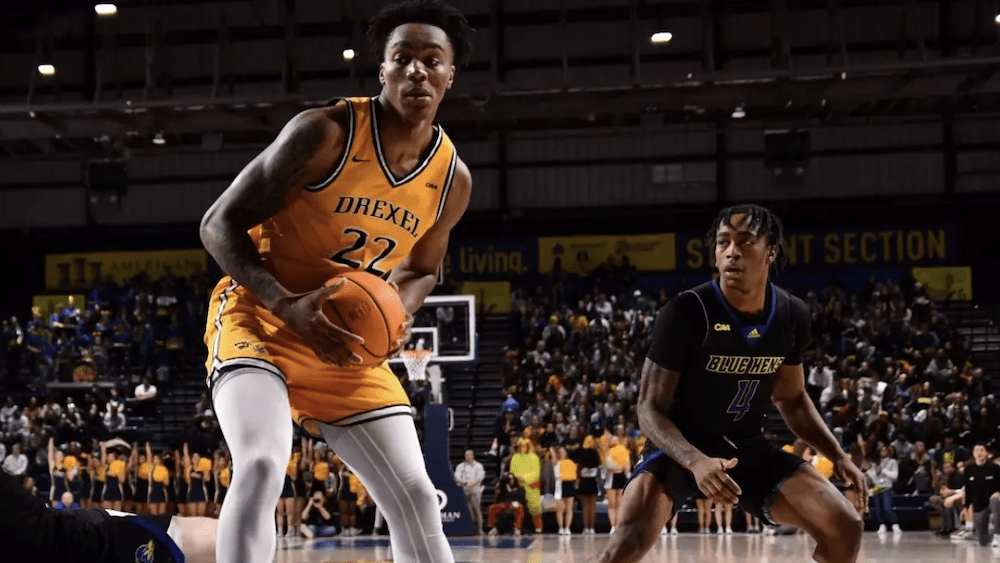
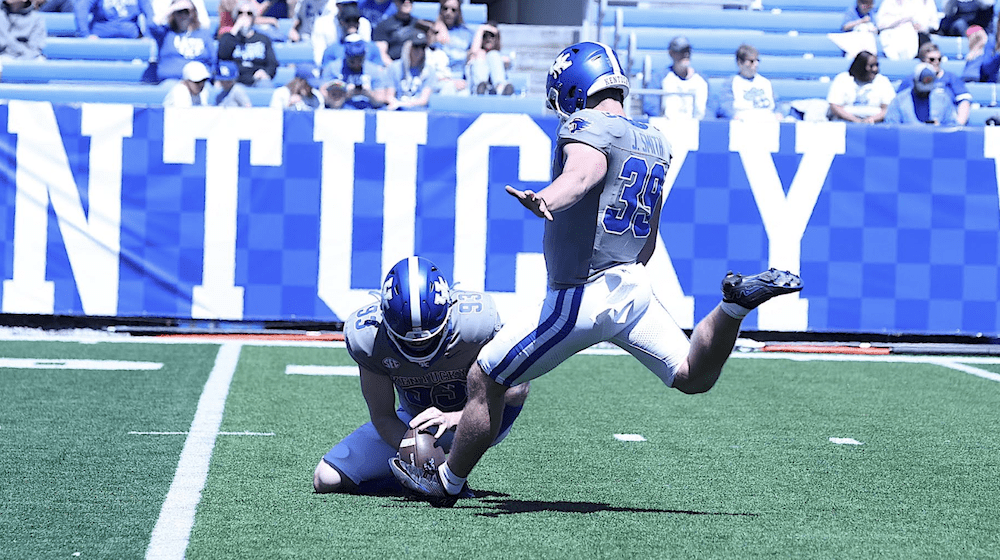
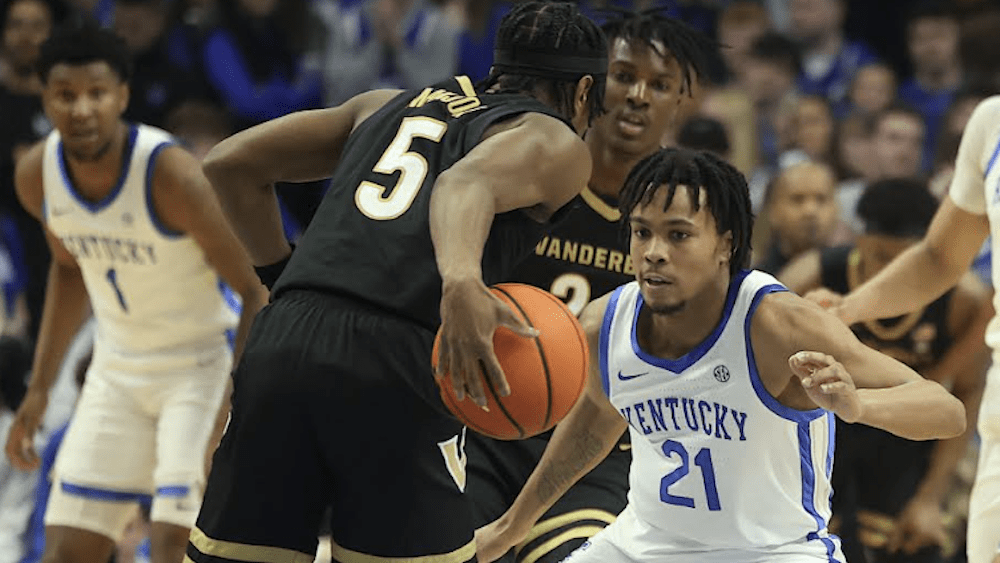
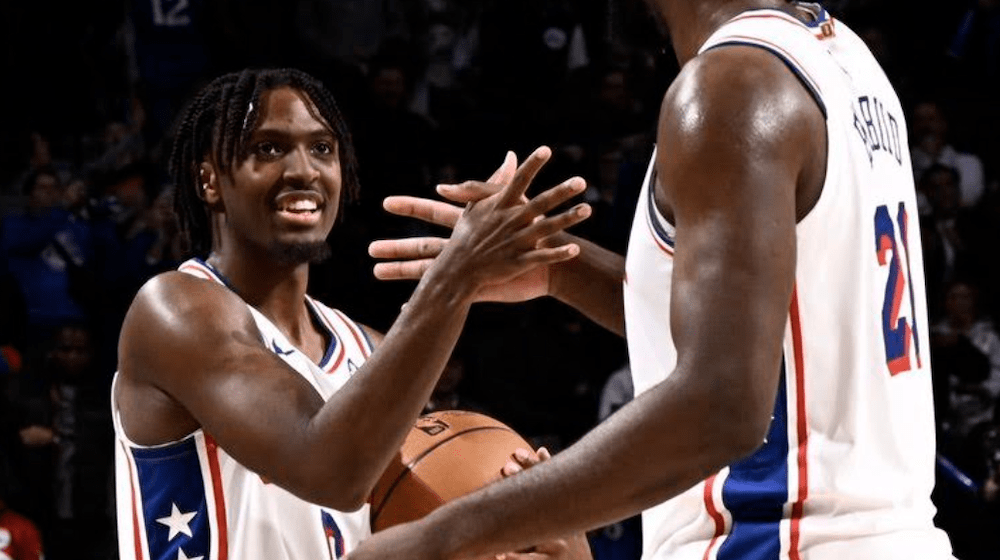
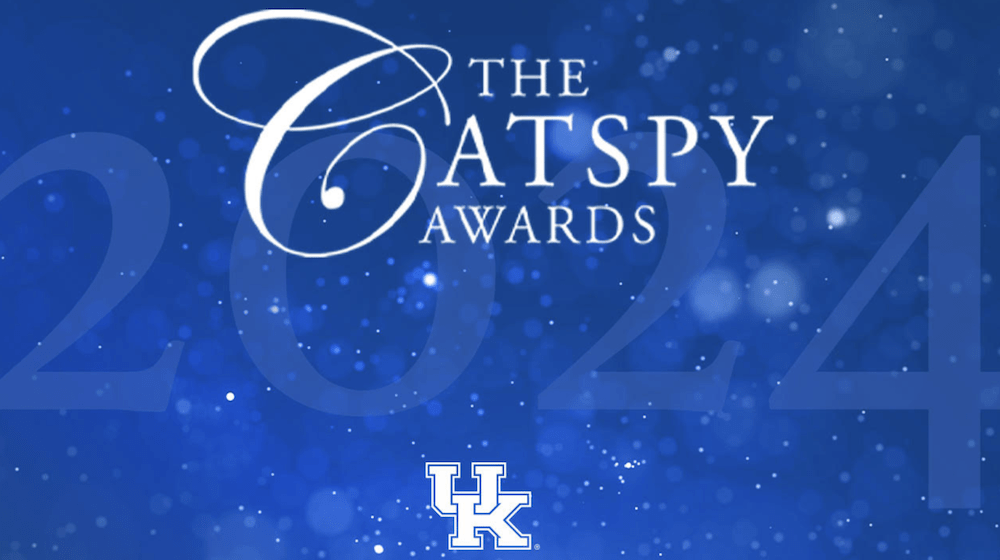
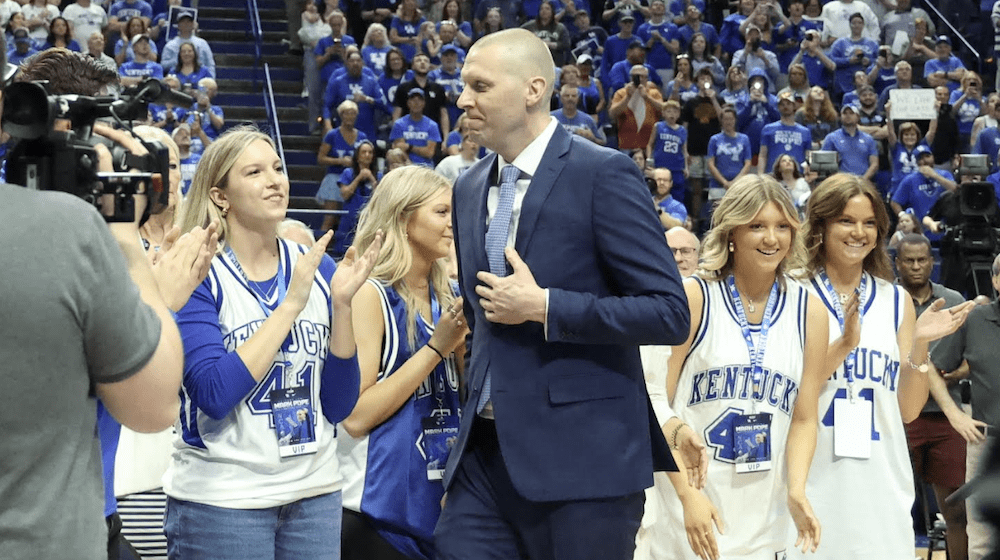
4 Responses
I will once again note that Kentucky state law prohibits the guarantee of NIL. Thus in my opinion, stating that Calipari has made it clear the University of Kentucky will not guarantee NIL is disingenuous. No Kentucky educational entity can legally guarantee NIL.
The relevant statute states quite clearly:
A person or entity shall not give or promise compensation for the use of the name, image, or likeness of a current or prospective student-athlete to recruit or induce the athlete to enroll at any Kentucky institution.
A person or entity, regardless of residence, shall not give or promise compensation for the use of the name, image, or likeness of a student-athlete enrolled at a Kentucky institution or of a prospective student-athlete who has entered into an enrollment contract with a Kentucky institution with the purpose of recruiting or inducing the student-athlete to enroll at another postsecondary educational institution, regardless of the institution’s location.
Yet the word that Mitch and Cal went before Congress early this week spoke out about the NIL situation.
Let’s not forget that it isn’t ALL about money… they are basketball players and they want to play basketball. Minutes and rolls are also going to be a deciding factor.
The issue of NIL just got more confusing and more difficult, if that was even possible.
https://247sports.com/board/30/contents/IRS-Nonprofit-NIL-Collectives-Not-Tax-Exempt-211391358/
As you know, UK brain trust has tried to stay away from direct involvement in NIL payments to UK athletes, and appropriately so because the idea of NIL arises from a player’s commercial value in the marketplace, and not a payment from the University for services rendered. A group of UK supporters have joined forces to create a NIL collective whereby they can create a huge pot of money and distribute it to various players. The purpose of the collective is unclear.
If I have a business, and I decide that player X has commercial value that I can use to my business advantage by using Player X’s name (endorsement of my product/service), Image (Player X appearing in advertisements, print, video or audio), and Likeness (Player X’s likeness displayed on packaging or within a product). I believe that any business that pays Player X for services in this manner to advance a legitimate business purpose can deduct that expenditure as a legitimate business expense. Player X must report the payment received as income and it is taxable income.
The unclear purpose of these collectives muddy the water. Their purpose is really a vehicle to collect large amounts of money to pass on to players for no specific reason other than compensate them for their presence at a particular location to provide services to the University. The IRS cannot say the use of collectives for this purpose is unlawful, but they can declare as they have that the payment of money into the collective is not a legitimate business expense, deductible by either a business or an individual making these payments.
The NCAA abdicated its obligations and authority to lead in the O’Bannon case that started in 2014. The NCAA walked away from its opportunity to face the legal consequences and shape the world of college athletics forever. That case ended with the court finding that the NCAA was profiting from the namesake and likenesses of college athletes. At that time, the NCAA position was that their restrictions on providing athletes with non-cash compensation for academic-related purposes such as computes and internships was to prevent giving the appearance that the student athlete was being paid to play, e.g., a professional athlete. The court held these restrictions violate antitrust law. In 2021, the Supreme Court affirmed this unanimously. Justice Kavanaugh wrote a concurring opinion and said antitrust laws "should not be a cover for exploitation of the student athletes."[14] Kavanaugh’s opinion also spoke to other NCAA regulations that he believed "also raise serious questions under the antitrust laws" and would be struck down if challenged under the same legal principles used by the lower courts in Alston.
I believe at least one of these “other NCAA regulations” surrounds the transfer restrictions.
Is it any wonder that the NCAA and its members now face a wild west scenario with the children (players) calling all the important shots.
Some schools see this as open season to test the unbounded open spaces while others feel more constrained by Kavanaugh’s dictum because they know that Kavanaugh is probably right. The NCAA is powerless since it abdicated its authority to lead on these issues with the O’Bannon case in 2014.
Given the current state of affairs, college athletics has been transformed into a mess no one wants, understands, or can control without a legal solution, probably from a Congress that cannot decide if the sun will rise from the right or the left.
The NCAA is dead. Has been dead for a long time. However, all of these relevant events occurred on Mark Emmert’s watch (2010-2023).